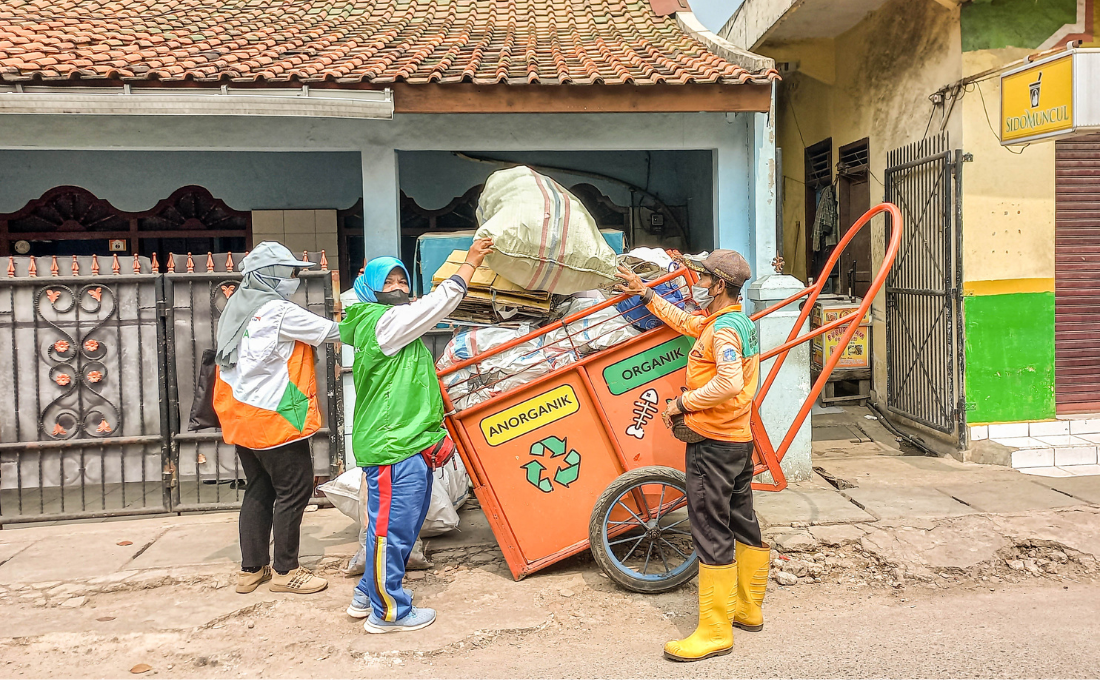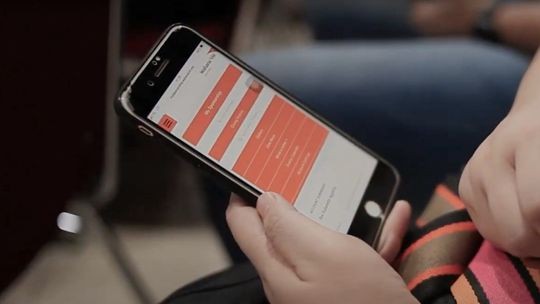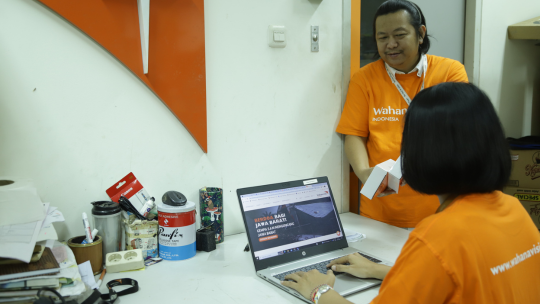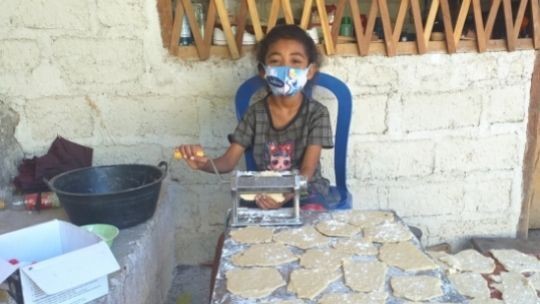Why Community Movements Need More Attention in Fighting Waste in Indonesia

Tackling the problem of waste piling up in landfills, as is the case in many Indonesian cities, is an uphill battle. Advanced technologies such as the usually expensive Waste to Energy Plant (PLTSa) are seen as the main solution, while changes in people's behaviour are often marginalised, despite their huge potential for long-term impact.
The National Waste Management Information System (SIPSN) of the Ministry of Environment and Forestry shows that 52% of our waste generation is organic waste. This is typical of developing countries where household waste separation and organic waste management is not yet a culture. This proportion of organic waste makes our waste very wet and difficult to use as fuel for the PLTSa technology.
If you go to developed countries, every household composts food waste, sorts waste with discipline and uses reusable alternatives. But this seems like a utopian dream for Indonesia if our waste management programme remains as it is today.
However, changing people's behaviour, which is often overlooked and underfunded, has the potential to be a long-term solution to Indonesia's waste management problems. Empowering communities with education, resources and incentives can significantly reduce waste at source, which is the foundation of sustainable waste management.
The question is, how important is changing people's behaviour? Why should waste management solutions focus on more than landfill technology? The answer is because:
-
Efficiency. Compared to advanced technologies that cost a lot of money, community programmes often operate with limited resources, but can achieve maximum impact with minimal resources. Consider waste management in Jakarta. Our capital city generates more than 7,000 tonnes of waste per day, which means it takes more than 1,500 garbage trucks to transport it to the Bantar Gebang landfill. According to data collected by the Ministry of Environment and Forestry (MoEF) in the SIPSN, 45% of this waste comes from households. Reducing waste from its largest source would significantly reduce the burden on the waste management budget.
-
Long-term sustainability. Promoting responsible waste management habits in society means ensuring lasting and sustainable change, as opposed to temporary technological fixes. If we rely on landfill technology alone, we will continue to increase the cost of waste management as population growth, economic growth and urbanisation will significantly increase waste generation.
-
Inclusion and relevance. Solutions based on changing people's behaviour can be adapted to different cultural contexts, ensuring inclusivity and relevance.
In Jakarta, Wahana Visi Indonesia is implementing the Phinla programme, which focuses on community-based waste management. The programme aims to bring about behavioural change in the community, particularly in terms of waste segregation. As part of the programme, WVI and Divers Clean Action (DCA) have partnered to develop 10 waste banks, which act not only as collection points for recyclable waste, but also as education centres for community behaviour change. The supported waste bank managers have become educators and promoters of waste separation in their neighbourhoods.
Supported by behavioural changes in the community that are aware of the importance of sorting household waste, it can form a good synergy with the application of appropriate technology at the landfill. A balanced approach is essential. This is why the Indonesian government needs to shift its focus:
-
A regional needs assessment, meaning prioritising community programmes in areas with limited infrastructure where responsible waste management habits can significantly reduce landfill loads.
-
A phased approach, starting with community engagement and waste reduction initiatives to reduce waste streams. When the impact is seen, invest in advanced technologies to efficiently manage the remaining waste.
-
Data-driven decision-making, which means regularly evaluating the effectiveness of both approaches and allocating resources based on data and actual impact.
Relying on landfill technology alone will not win the war on waste. It is time to complement this approach by empowering communities with the knowledge, resources and support they need to reduce waste at source. Let's turn the tide on the waste crisis by empowering communities.
Author: Franz Sinaga (Senior Advocacy Manager for PHINLA Project)
Editor: Mariana Kurniawati (Communication Executive)



